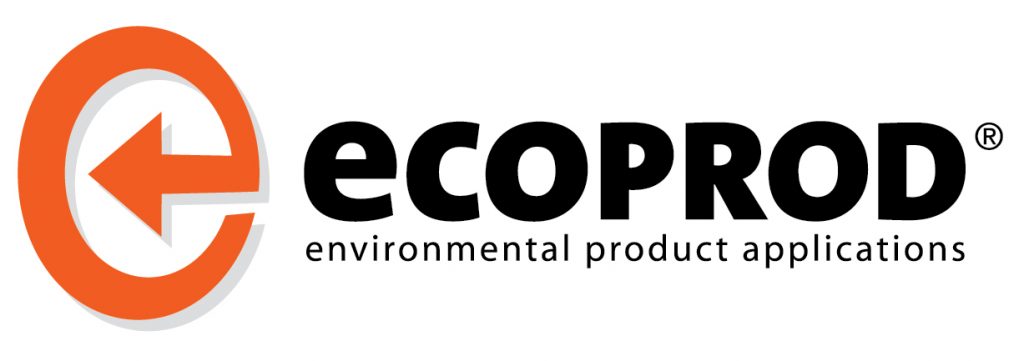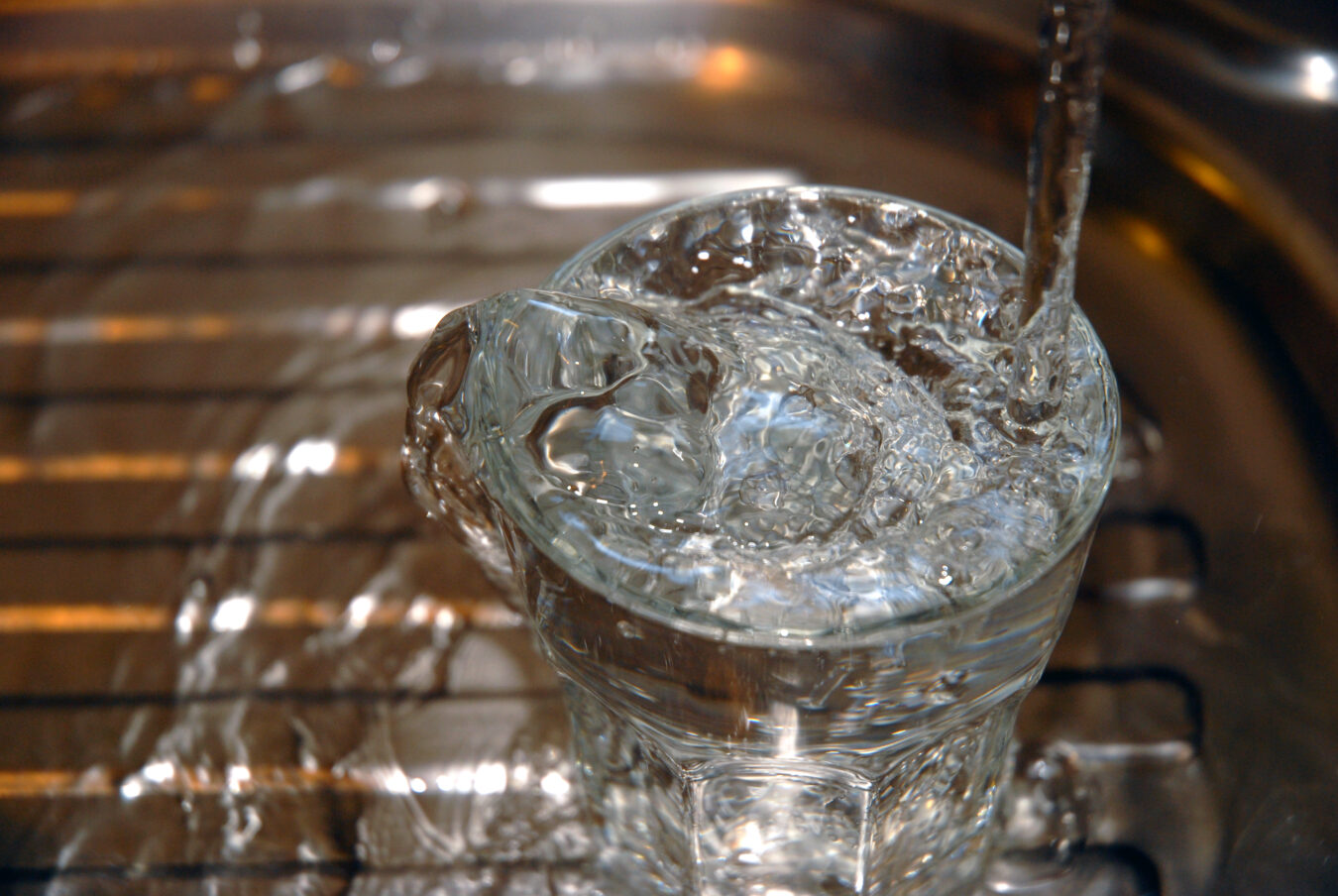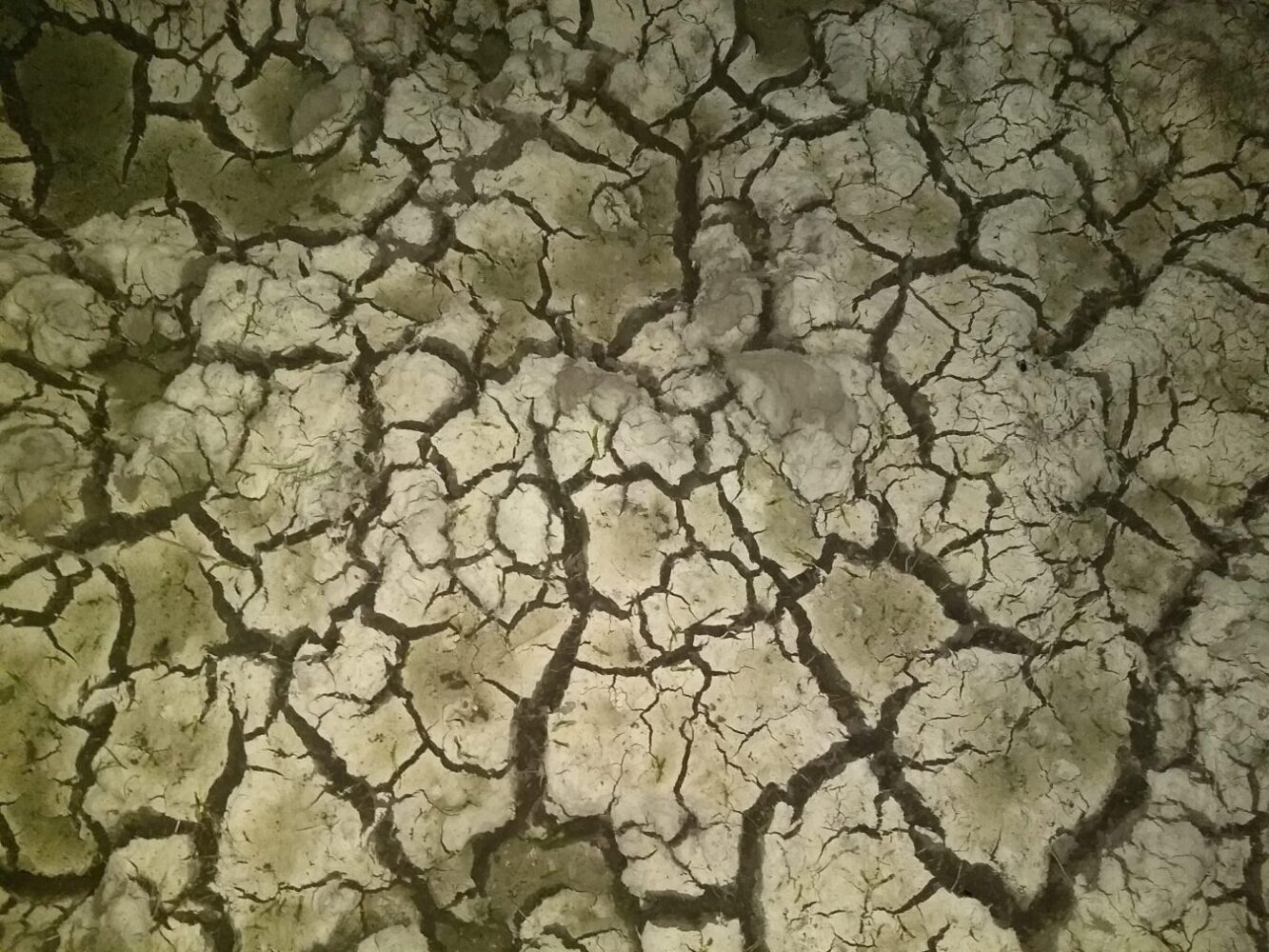 At Ineco Energy we’re proud members of The Planet Mark scheme. One of the big benefits of this scheme is that it enables us to work with other organisations that share our values. One such organisation is Ecoprod. Ecoprod is a family-owned and run company with many years’ experience in the mechanical and building industries.
At Ineco Energy we’re proud members of The Planet Mark scheme. One of the big benefits of this scheme is that it enables us to work with other organisations that share our values. One such organisation is Ecoprod. Ecoprod is a family-owned and run company with many years’ experience in the mechanical and building industries.
Ecoprod have seen the need to provide products, applications and solutions in a world where vital resources are running low and the environment is at risk.
 Specifically, Ecoprod have identified that the washroom environment is one that has traditionally been wasteful of water and energy resources.
Specifically, Ecoprod have identified that the washroom environment is one that has traditionally been wasteful of water and energy resources.
Ecoprod have introduced products that are water and energy efficient, which raise the standard of the whole washroom environment. Ecoprod distribute waterless urinals, energy efficient hand dyers, and hygenic sensor taps. These products offer the end-user huge environmental benefits, whilst also being aesthetically pleasing and stylish.
As likeminded members of The Planet Mark, Ecoprod’s Managing Director, Marcus Rose, has written this guest blog for us.
How cutting water usage reduces your carbon footprint as well as lowering your water bills
When we think of reducing carbon emissions most of us think of activities that reduce energy use, but the connection between the production of energy and water usage is rarely drawn.
 The energy used to treat and pump water is significant but the bulk of emissions come from the energy needed to heat water. In California, 20% of the state’s electricity and 30% of its natural gas that isn’t used by powerplants goes into the water system – from pumping and delivering water through to disposing of wastewater. Water use accounts for 6% of all carbon dioxide emissions in the UK.
The energy used to treat and pump water is significant but the bulk of emissions come from the energy needed to heat water. In California, 20% of the state’s electricity and 30% of its natural gas that isn’t used by powerplants goes into the water system – from pumping and delivering water through to disposing of wastewater. Water use accounts for 6% of all carbon dioxide emissions in the UK.
Recently the Chief Executive of the Environment Agency warned that England is set to run short of water within the next 25 years and we’re already seeing the effects of water shortages, not only in the developing world but also in the UK, so reducing water usage has never been more important.
At Ecoprod our main focus is on water and the link between water and climate change is clear.
 Extreme weather events are making water scarcer, more unpredictable, more polluted or all three. Humans need water to survive, as do all the systems on which we rely – sanitation, healthcare, education, business and industry. A key message is that everyone has a role to play. Small actions that any of us can take all play a role in addressing climate change. Yes, climate change can feel scary and daunting. But there is one simple step you can take immediately that will make a big difference: don’t waste water.
Extreme weather events are making water scarcer, more unpredictable, more polluted or all three. Humans need water to survive, as do all the systems on which we rely – sanitation, healthcare, education, business and industry. A key message is that everyone has a role to play. Small actions that any of us can take all play a role in addressing climate change. Yes, climate change can feel scary and daunting. But there is one simple step you can take immediately that will make a big difference: don’t waste water.
Currently, the average person uses 140 litres of water per day. This needs to be reduced at least down to 100 litres, if not further, and organisations can help with this by cutting the amount of water that employees use when they are at work. Such water-saving initiatives obviously have an environmental benefit, but they also offer business benefits as they can help organisations to demonstrate sustainability and reduce their carbon footprint as well as helping to achieve green certification and showing leadership in environmental management.
And ultimately, of course, cutting water use means cutting costs – money that goes directly to the bottom line.
 Reducing water use, particularly using less hot water, can make a big difference to an organisation’s carbon footprint. For example, using a bowl for washing up rather than running a tap can save roughly 666kg of CO2 a year. Waterwise estimates that if UK building regulations adopted a mandatory target of 85 litres per day this would result in a saving of 55.9 million tonnes of CO2 emissions over 25 years – roughly equivalent to taking one million cars off the road for each one of the years in that period.
Reducing water use, particularly using less hot water, can make a big difference to an organisation’s carbon footprint. For example, using a bowl for washing up rather than running a tap can save roughly 666kg of CO2 a year. Waterwise estimates that if UK building regulations adopted a mandatory target of 85 litres per day this would result in a saving of 55.9 million tonnes of CO2 emissions over 25 years – roughly equivalent to taking one million cars off the road for each one of the years in that period.
Technical solutions can obviously help reducing water use immediately but what’s really needed is attitude change so, whilst we’d obviously be delighted if everyone invested in waterless urinals and low flow taps, simple behavioural changes that work with the infrastructure you already have can be just as important.
 This is the focus of our Guide to Water Saving in your Business, which works through each of the main areas of water use in a typical organisation – the washroom, the showers, the kitchens, the garden – and helps you identify simple ways in which you could reduce water usage in each area. Some of these are technological solutions, others are behavioural changes.
This is the focus of our Guide to Water Saving in your Business, which works through each of the main areas of water use in a typical organisation – the washroom, the showers, the kitchens, the garden – and helps you identify simple ways in which you could reduce water usage in each area. Some of these are technological solutions, others are behavioural changes.
We’re past the point where water saving can be considered as an “optional extra” within organisations. It’s now commonplace for companies to focus on efforts to improve recycling, cut emissions, reduce their carbon footprints and so on. Offices have stickers to remind people to turn the lights off, separate bins for recycling, initiatives to reduce single use plastics. Water saving needs to be considered in exactly the same way, as the default setting, the thing people do without thinking about it or needing to be reminded. Attitudes need to change so that, as Sir James Bevan, the Chief Executive of the Environment Agency, says, “We need water wastage to be as socially unacceptable as blowing smoke in the face of a baby or throwing your plastic bags into the sea.”
To find out more about how Ecoprod can help your organisation cut its carbon footprint by reducing water usage visit their website or email them. or talk to us
